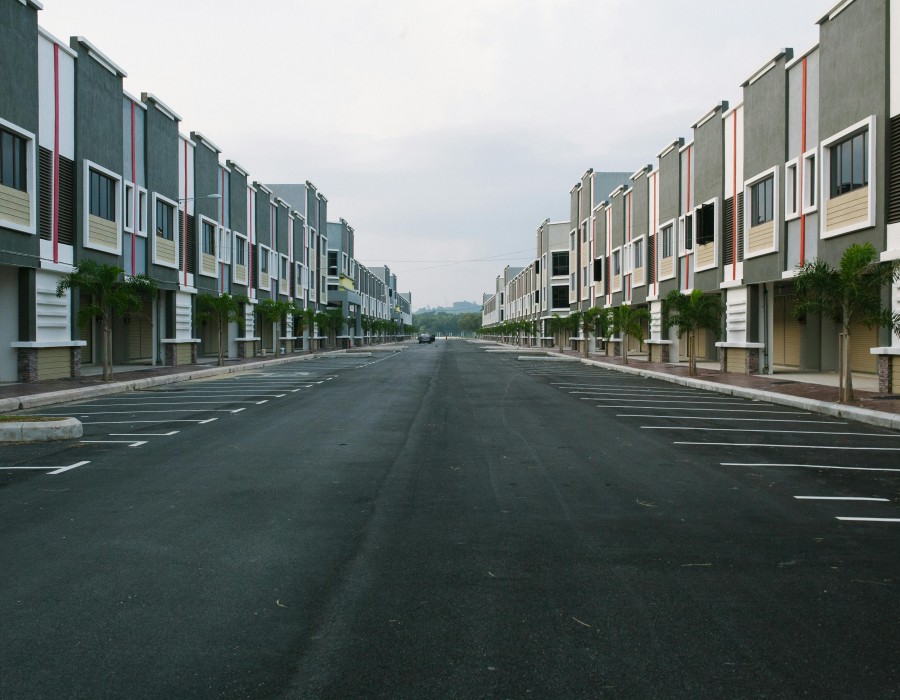In the vibrant city of Vancouver, property management stands as a cornerstone of the real estate sector, ensuring the seamless operation and upkeep of a diverse array of properties. As an investor or property owner venturing into the dynamic world of Vancouver real estate, it's essential to understand not only the types of properties available but also the nuances of effective Vancouver property management. This article provides a deep dive into the different types of properties in Vancouver, highlighting how each fits into the broader scope of property management and what unique characteristics they bring to the table.
Let's explore the varied landscape of property management in Vancouver:
Residential Property Management
At the heart of Vancouver's property management scene is residential real estate. This sector focuses on properties designed for living and includes a range of housing types, each with its own management needs.
Single-Family Homes:
These standalone structures offer tenants privacy and space. Property managers ensure these homes are well-maintained, secure, and meet the needs of individual families, providing a personalized touch to property care.
Condominiums:
These units within larger complexes require a coordinated approach to manage shared spaces and amenities. Property managers play a pivotal role in maintaining the balance between individual unit care and community management.
Townhouses:
Characterized by shared walls and common areas, townhouses demand a nuanced property management approach that addresses both individual unit needs and collective responsibilities.
Multifamily Dwellings:
These properties, such as apartment buildings or duplexes, are focused on optimizing occupancy, maintaining tenant satisfaction, and ensuring efficient operation of shared facilities.
Commercial Property Management
Commercial properties are instrumental in shaping Vancouver's business landscape. Effective property management in this sector is about creating spaces that foster business growth and meet the diverse needs of commercial tenants.
Office Buildings:
From boutique offices to corporate towers, managing these spaces involves ensuring they are conducive to productivity, equipped with modern amenities, and adaptable to the evolving needs of businesses.
Retail Spaces:
These properties, ranging from intimate boutique spaces to expansive shopping centers, require a management strategy that maximizes foot traffic, ensures tenant visibility, and maintains an inviting shopping environment.
Hotels:
Hospitality management is about ensuring guest satisfaction, maintaining operational efficiency, and upholding the establishment's reputation, whether it's a cozy inn or a luxurious hotel.
Warehouses:
Crucial for supply chain operations, warehouses demand a management approach that prioritizes logistical efficiency, safety, and the maintenance of storage conditions.
Industrial Property Management
Industrial properties are the backbone of production and distribution. Managing these properties involves ensuring they meet the specific needs of industrial operations, from manufacturing to logistics.
Manufacturing Facilities:
These properties require a management approach that addresses the unique infrastructural and safety requirements of production spaces.
Distribution Centers:
Efficiently managed distribution centers are vital for ensuring products move smoothly from suppliers to consumers.
Flex Spaces:
These versatile properties serve multiple purposes, from offices to manufacturing spaces. Managing these spaces involves a flexible and adaptive approach to meet the diverse needs of tenants.
Special Purpose Property Management
Special purpose properties serve specific functions and require a tailored management approach that understands and caters to the unique aspects of these establishments.
Healthcare Facilities:
From hospitals to clinics, these properties require management that ensures they are operationally efficient, secure, and provide a conducive environment for healthcare services.
Educational Institutions:
Managing these spaces involves maintaining facilities that are safe, conducive to learning, and adaptable to the changing needs of educational institutions.
Religious Institutions:
These community-centric properties require a respectful and considerate management approach that aligns with the values and needs of the congregants.
Recreational Facilities:
From sports complexes to leisure centres, managing these properties is about ensuring they are safe, well-maintained, and provide a positive experience for visitors.
Conclusion
The realm of property management in Vancouver is as diverse as the city itself, encompassing a wide range of property types, each with its own set of management requirements. Whether you're an investor, a rental property owner, or a tenant, understanding the nuances of different property types and the associated management strategies is key to navigating this dynamic field successfully. With the right approach and professional guidance, such as the services offered by Vancouver property management companies, managing properties in Vancouver can be a rewarding and fruitful venture.





Comments